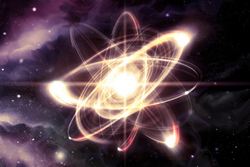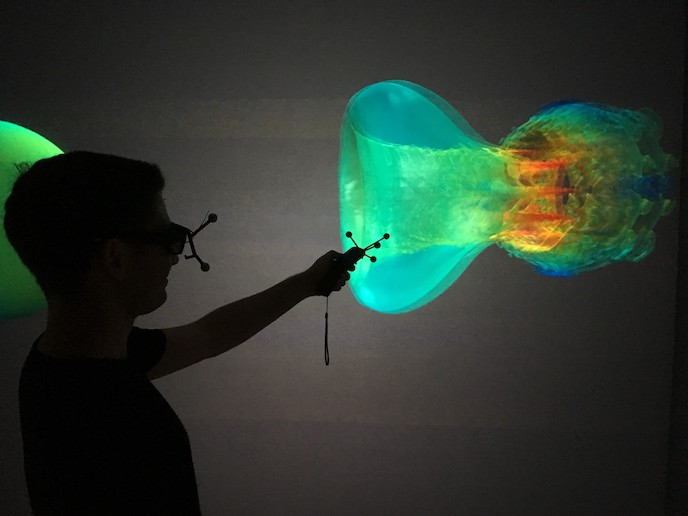Quantum systems out of equilibrium
All matter changes its state upon heating or cooling. Although one may expect no room for much change at absolute zero temperature where there are no thermal fluctuations, in nature, quantum fluctuations survive. By applying pressure or a magnetic field, this form of agitation that is feeble at room temperature can be amplified, giving rise to a state change. Scientists believe that at this quantum critical point lie the keys of many mysterious properties of matter. Within the EU-funded project QUANTUM QUENCH (Universality in the non-equilibrium dynamics of strongly correlated quantum systems), they sought to develop a theoretical framework that captures what happens across a quantum critical point out of equilibrium. Focus was set on a system isolated from its environment that may arise in cold atom quantum experiments after it has been disturbed out of equilibrium. The way scientists chose to take it out of equilibrium was with the use of a so-called quantum quench. Specifically, a parameter of the system was changed abruptly and the system was allowed to evolve independently. The QUANTUM QUENCH team analysed entanglement properties after the quantum quench and showed how they resemble thermodynamic entropies of the generalised ensemble describing the steady state. Conventional thermodynamics ensembles fail to describe quantum many-body systems that exhibit non-trivial conserved quantities. Generalised ensembles have been predicted to maximise their entropy. However, contradicting the belief widely held by scientists, the generalised ensemble predictions failed to capture the steady state after the quantum quench. An alternative theoretical description was therefore developed to agree with the time evolution of the system as this is computed numerically. This line of research ultimately led to a new non-perturbative numerical method to study the out-of-equilibrium evolution of strongly interacting systems. The method has been benchmarked against exact analytic results available in the literature on quantum quenches. QUANTUM QUENCH work has opened up a new avenue towards a better understanding of closed quantum many-body systems with implications for precision measurements and quantum computing.







